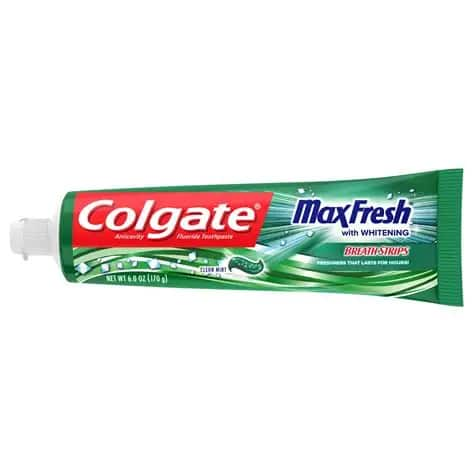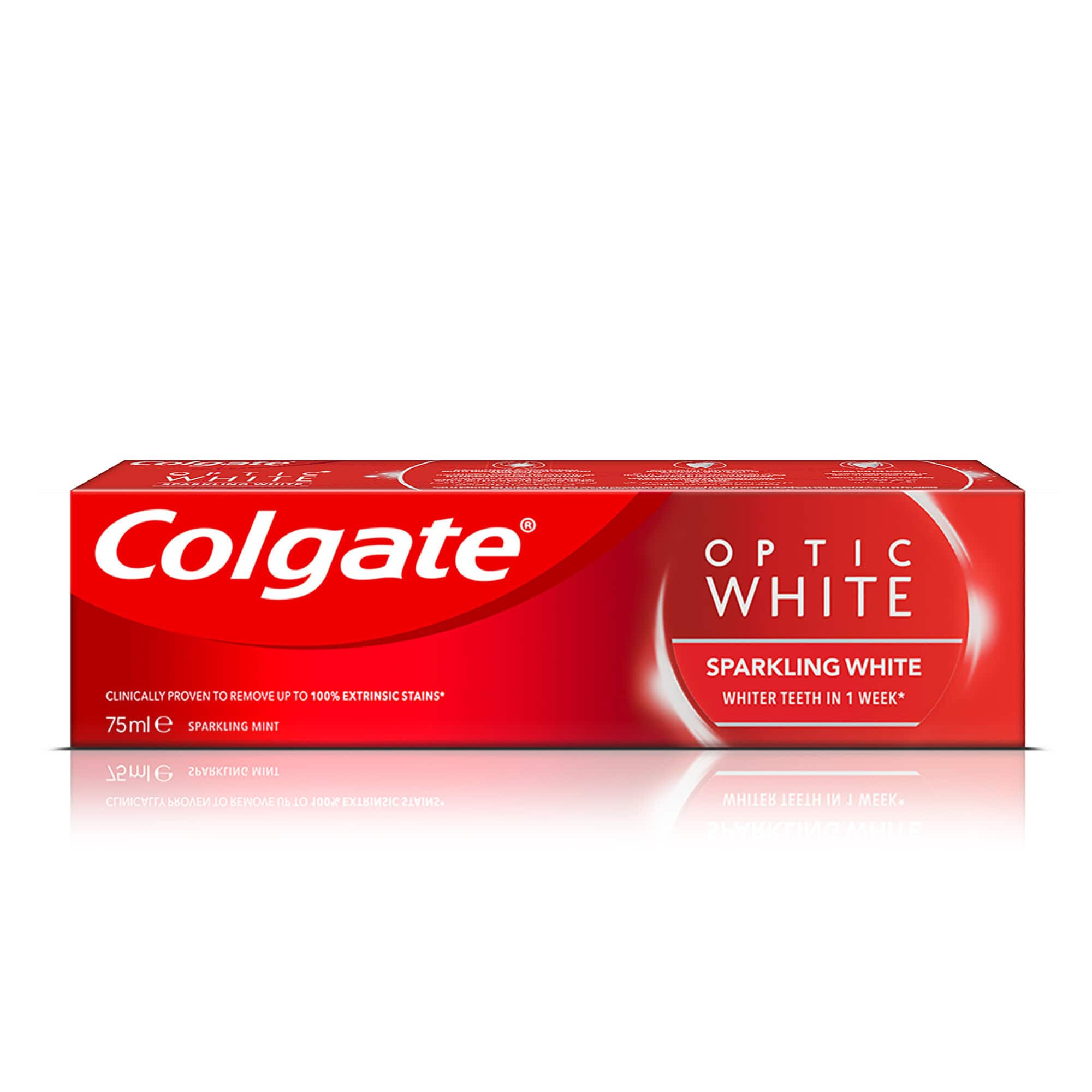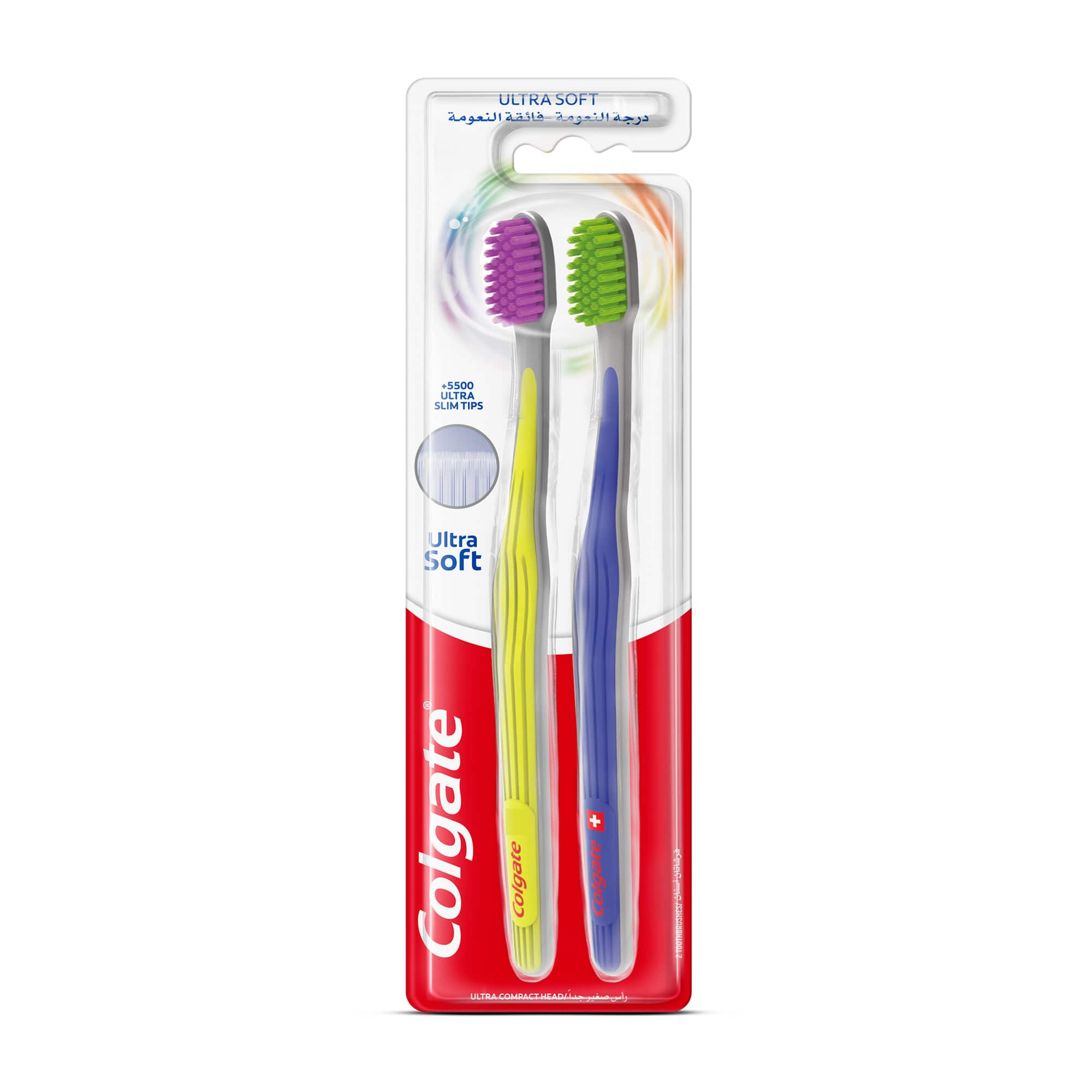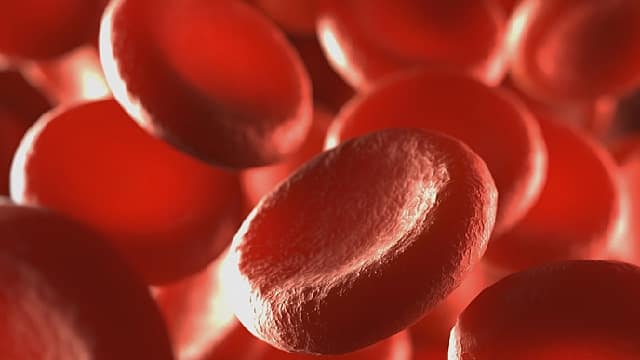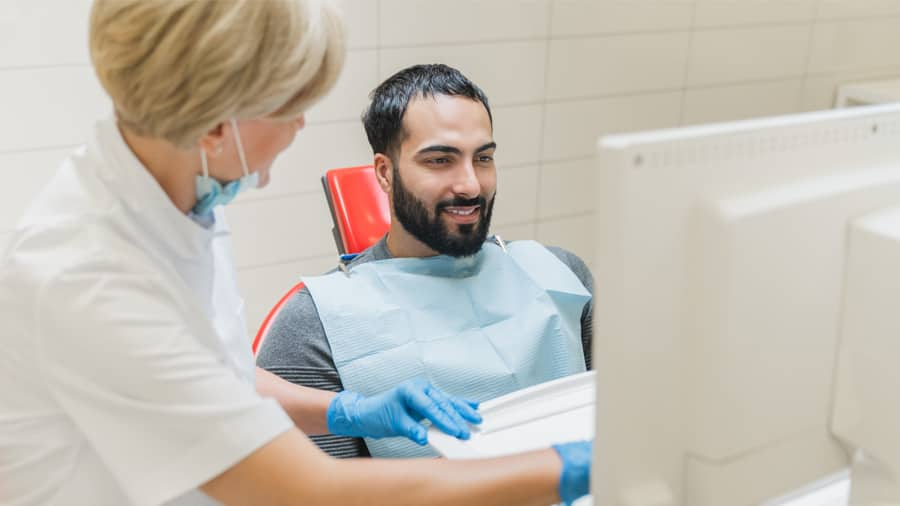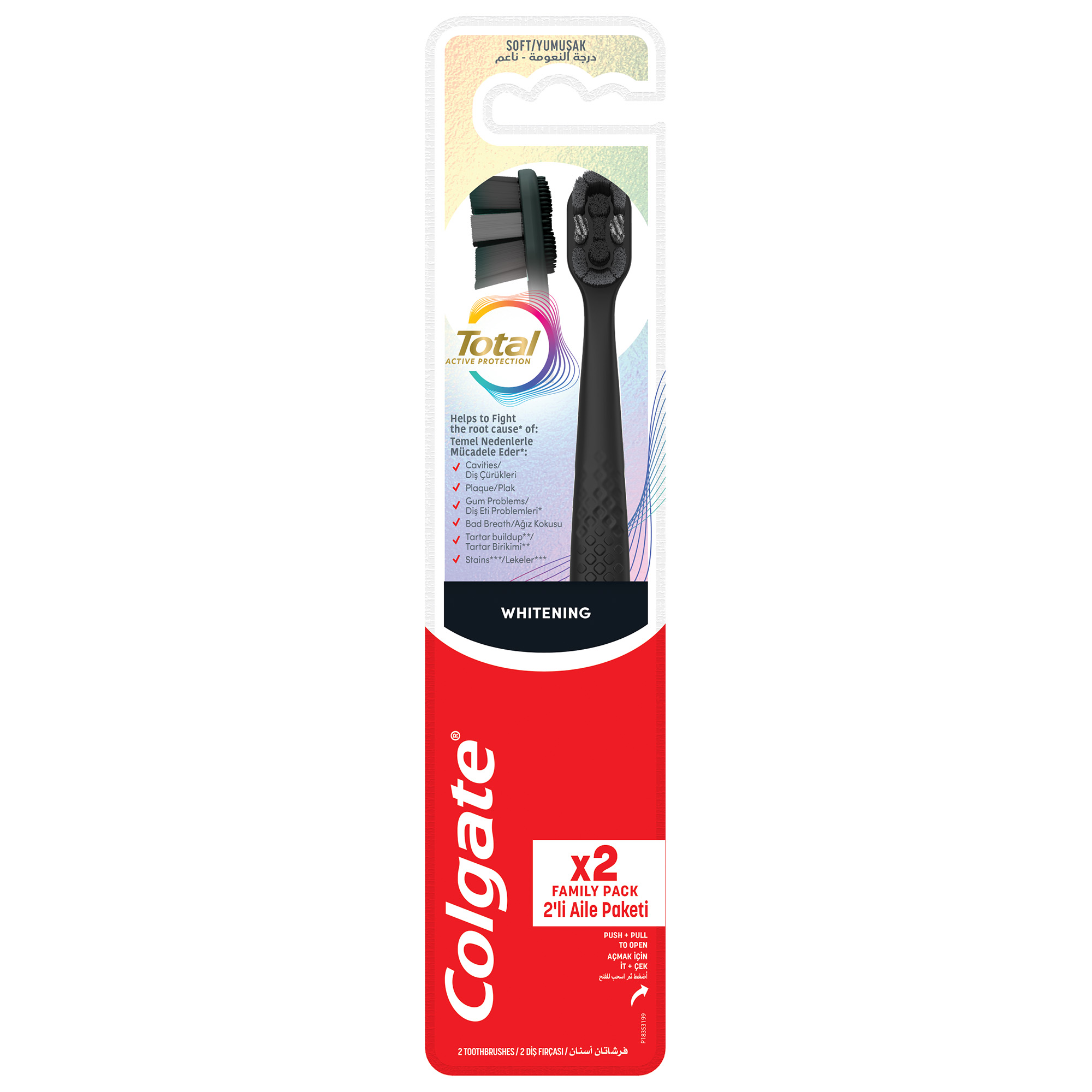Consider Possible Causes
According to the U.S. National Library of Medicine there are a few common causes of gum inflammation that may fit your circumstances:
Medications
If you have recently started taking medication, your swollen gums may be a side effect of the drug. Talk to your doctor about your side effects to the medication, and find out if there are alternatives.
Brand switch
If you have recently changed your brand of toothpaste or mouthwash, you may be having a reaction to one of the ingredients.
Poor nutrition
Vitamin C deficiency in particular can cause inflamed gums, so if you haven't been eating fruits and vegetables, your diet may be to blame.
Gingivitis
The main cause of swollen gums is gingivitis. If you haven't been brushing and flossing well, this may be the issue.
There are many other possible causes and contributors to gum inflammation, so discussing your symptoms with your dentist is the best way to get an accurate and complete diagnosis.
Find Relief
There are a number of things you can do, and a few things you should not do, to ease your discomfort and decrease the swelling in your gums, according to the American Dental Association.
Do:
Brush and floss regularly. If the root cause of your gum swelling is gingivitis, good oral hygiene is the first step to recovery.
Improve your diet. Add some extra fruits and vegetables to your diet, and avoid caffeinated beverages and sodas for a while.
Rinse your mouth with a salt water solution. This can ease the pain of inflamed gums.
See your dentist! Be sure to make an appointment if your gum irritation persists. A dental professional can determine the exact cause of the swelling, and help you improve the health of your teeth and gums faster.
Don't:
Don't continue to use toothpastes and mouthwashes that irritate your gums. Mouthwash that contains alcohol may irritate swollen gums. Change your toothpaste if you find it is hurting the affected area.
Don't use alcohol and tobacco, since both those substances can irritate your gums further.
Don't ignore the problem. Begin taking action to help reduce the swelling, and see a professional to ensure the swelling in your gums isn't a symptom of something more serious.
This article is intended to promote understanding of and knowledge about general oral health topics. It is not intended to be a substitute for professional advice, diagnosis or treatment. Always seek the advice of your dentist or other qualified healthcare provider with any questions you may have regarding a medical condition or treatment.
